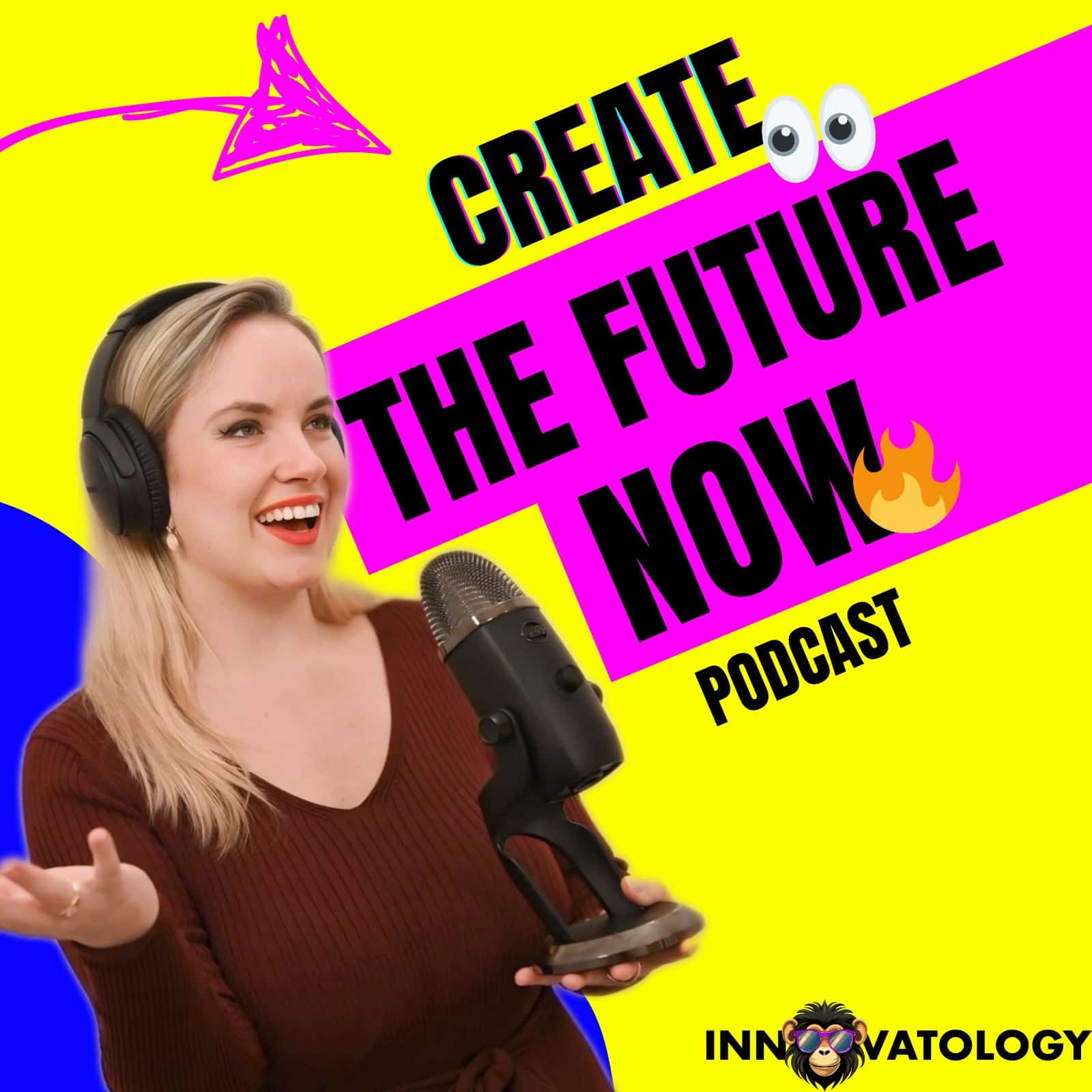An insightful discussion with Mary Fain Brandt; a renowned AI and LinkedIn strategist supports clients to leverage AI successfully in daily life – both personal and professional!
Transcript;
00:00:00
All right, so hello everyone and welcome to our Inovatology podcast. And this time we are here with Mary, who is a LinkedIn and AI strategist. And Inovatology is the one-stop shop for decoding the latest tech and innovation. And I am really excited about diving deeper into the different topics today, such as AI, personal branding, LinkedIn, and much more. I’m Marie, the founder of Inovatology, and I am here with… Cedric, also the co-founder of Inovatology. And I’m super excited to learn more today. Yes, and this is Mary. So maybe, Mary, at the beginning, if you can tell us more about yourself, what you are doing, something maybe about your story, your journey. Sure. Thank you for having me. I’m excited to be here. My journey is not the typical entrepreneur story.
00:00:52
I never wanted to be an entrepreneur. I saw my dad as an entrepreneur and it was like struggle or, you know, we were either like, hey, let’s go buy new cars or not enough money to pay the bills. So there was always that struggle and I didn’t like that. So I had a typical nine-to-five job forever. And then my mom got sick and, you know, she was in the hospital. She went missing one night. She had Alzheimer’s. And that kind of shifted me. That really was the catapulting event that made me go, I need to start my own business so I can be there for my mom. So I’m not the person like, I want to be an entrepreneur, you know, oh, I can’t wait to do this.






